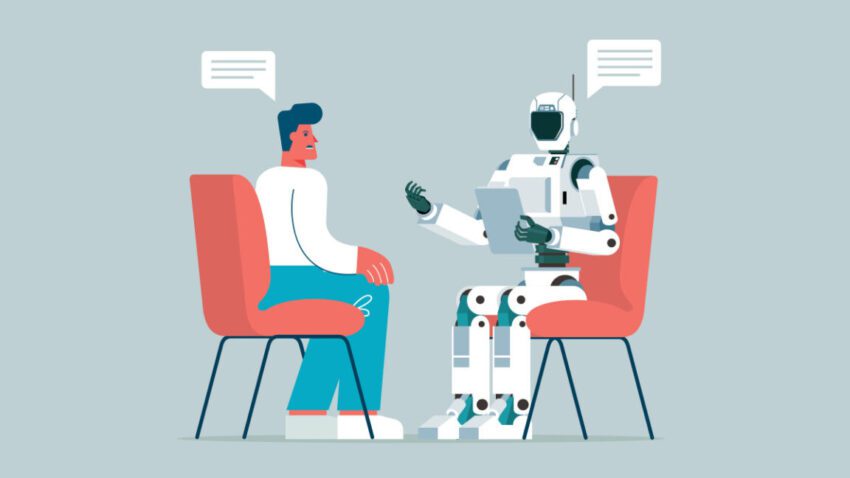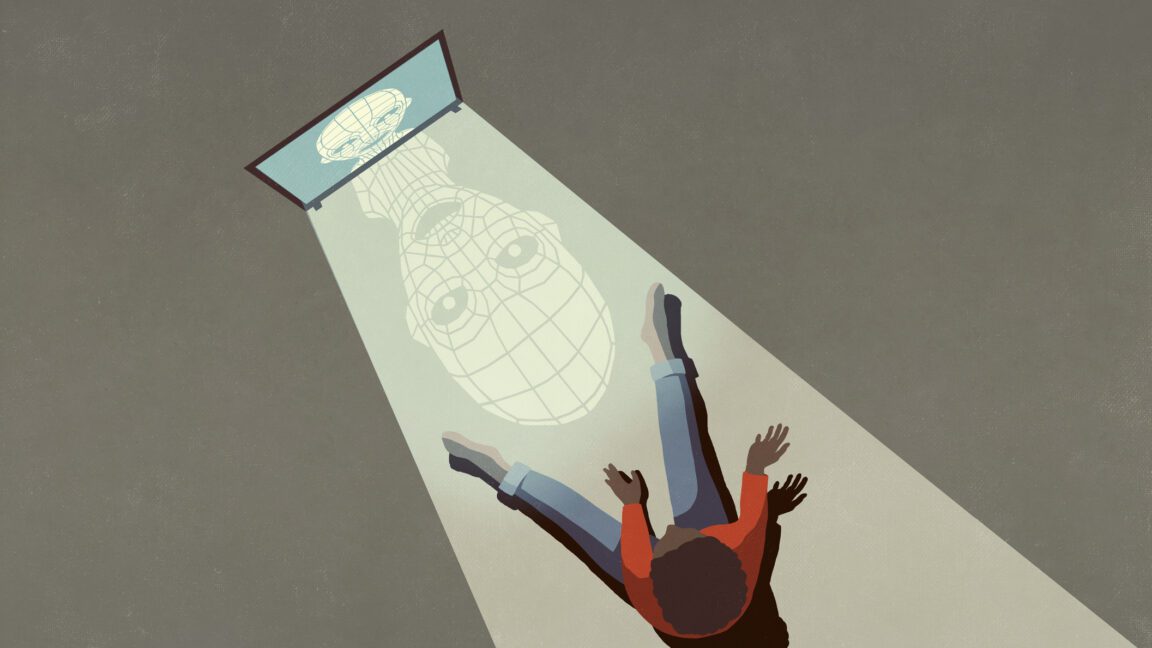
openai data suggests 1 million users discuss OpenAI’s recent data reveals a concerning trend: approximately one million users engage in discussions about suicide with ChatGPT each week.
openai data suggests 1 million users discuss
The Role of AI in Modern Communication
AI language models, such as those powering ChatGPT, function as intricate statistical webs of data relationships. When users input a prompt—whether it’s a question, a statement, or a request for advice—the model generates a response based on patterns it has learned from vast amounts of text data. Initially, ChatGPT was perceived as a technological novelty, a tool for entertainment and casual inquiries. However, its role has evolved significantly, with hundreds of millions of individuals now relying on this technology to navigate various life challenges.
This shift marks a pivotal moment in human-computer interaction. For the first time in history, a substantial number of people are confiding their thoughts and feelings to a machine that can respond in real-time. This unprecedented reliance on AI for emotional support raises critical questions about the implications of such interactions, particularly concerning mental health and the potential for harm.
OpenAI’s Findings on User Interactions
On Monday, OpenAI disclosed data indicating that approximately 0.15 percent of ChatGPT’s active users engage in conversations that exhibit explicit indicators of potential suicidal planning or intent. While this percentage may seem small, it translates to a staggering figure when considering the platform’s user base. With over 800 million weekly active users, this equates to more than one million individuals discussing suicidal thoughts or feelings each week.
Understanding the Statistics
The statistic of 0.15 percent highlights a significant concern, particularly in the context of mental health. This figure suggests that even a small percentage of a large user base can represent a substantial number of individuals in distress. The implications of this data are profound, as it underscores the urgent need for effective support mechanisms within AI platforms.
Moreover, OpenAI’s data suggests that a similar percentage of users exhibit heightened emotional attachment to ChatGPT. This phenomenon raises further questions about the nature of these interactions. Are users seeking companionship, validation, or guidance? The emotional connections formed with AI can be complex and multifaceted, often blurring the lines between human and machine relationships.
Signs of Psychosis and Mania
In addition to discussions about suicide, OpenAI’s findings indicate that hundreds of thousands of users display signs of psychosis or mania during their weekly interactions with the chatbot. This revelation adds another layer of complexity to the conversation surrounding AI and mental health. The presence of such symptoms among users suggests that some individuals may be turning to AI as a means of expressing their struggles, potentially seeking understanding or relief from their mental health challenges.
The Implications of AI in Mental Health Conversations
The implications of these findings are significant. As AI becomes increasingly integrated into daily life, it is essential to consider the potential consequences of relying on machines for emotional support. While AI can provide information and even simulate empathy, it lacks the nuanced understanding and emotional intelligence that human interactions offer. This limitation raises concerns about the adequacy of AI as a substitute for professional mental health care.
The Need for Ethical Guidelines
Given the potential risks associated with AI interactions, there is a pressing need for ethical guidelines and frameworks to govern the use of these technologies. OpenAI and other organizations developing AI systems must prioritize user safety and well-being. This includes implementing measures to identify and respond to users exhibiting signs of distress or suicidal ideation.
One potential approach is to develop algorithms that can detect concerning language patterns and trigger appropriate responses. For instance, if a user expresses suicidal thoughts, the AI could provide resources for mental health support or encourage the user to speak with a professional. However, this raises ethical questions about the responsibility of AI developers in managing sensitive topics and the potential consequences of misinterpretation.
Stakeholder Reactions
The release of OpenAI’s data has elicited a range of reactions from stakeholders in the mental health and technology sectors. Mental health advocates have expressed concern about the implications of AI interactions for vulnerable populations. They emphasize the importance of ensuring that individuals in crisis receive appropriate support from trained professionals rather than relying solely on AI systems.
On the other hand, some technology experts argue that AI can serve as a valuable tool for mental health support, particularly in areas with limited access to professional care. They advocate for the responsible integration of AI into mental health services, emphasizing the need for collaboration between AI developers and mental health professionals to create effective and safe solutions.
Contextualizing the Data
Understanding the context of these findings is crucial. The rise of AI language models coincides with increasing awareness of mental health issues globally. The COVID-19 pandemic, in particular, has exacerbated mental health challenges for many individuals, leading to a surge in demand for support services. As people seek solace and understanding, AI platforms like ChatGPT have emerged as accessible resources for those grappling with their emotions.
However, the reliance on AI for emotional support also raises questions about the adequacy of such interactions. While AI can provide immediate responses, it cannot replace the depth of understanding and empathy that human connections offer. This reality underscores the importance of promoting mental health literacy and encouraging individuals to seek professional help when needed.
Future Directions for AI and Mental Health
As the conversation surrounding AI and mental health continues to evolve, several key areas warrant attention. First, there is a need for ongoing research to better understand the dynamics of human-AI interactions, particularly in the context of mental health. This research can inform the development of more effective AI systems that prioritize user well-being.
Second, collaboration between AI developers and mental health professionals is essential. By working together, these stakeholders can create frameworks that ensure AI systems are designed with user safety in mind. This collaboration can also facilitate the development of resources that guide users toward appropriate support when they express distressing thoughts or feelings.
Conclusion
The data released by OpenAI serves as a wake-up call regarding the role of AI in mental health conversations. With over a million users discussing suicide with ChatGPT each week, it is imperative to address the potential risks and ethical considerations associated with these interactions. As AI continues to play a significant role in our lives, prioritizing user safety and well-being must remain at the forefront of technological development.
Ultimately, while AI can offer valuable support, it is crucial to recognize its limitations and the importance of human connections in addressing mental health challenges. By fostering a responsible approach to AI integration, we can harness the potential of technology while safeguarding the well-being of users.
Source: Original report
Was this helpful?
Last Modified: October 29, 2025 at 3:38 am
0 views















